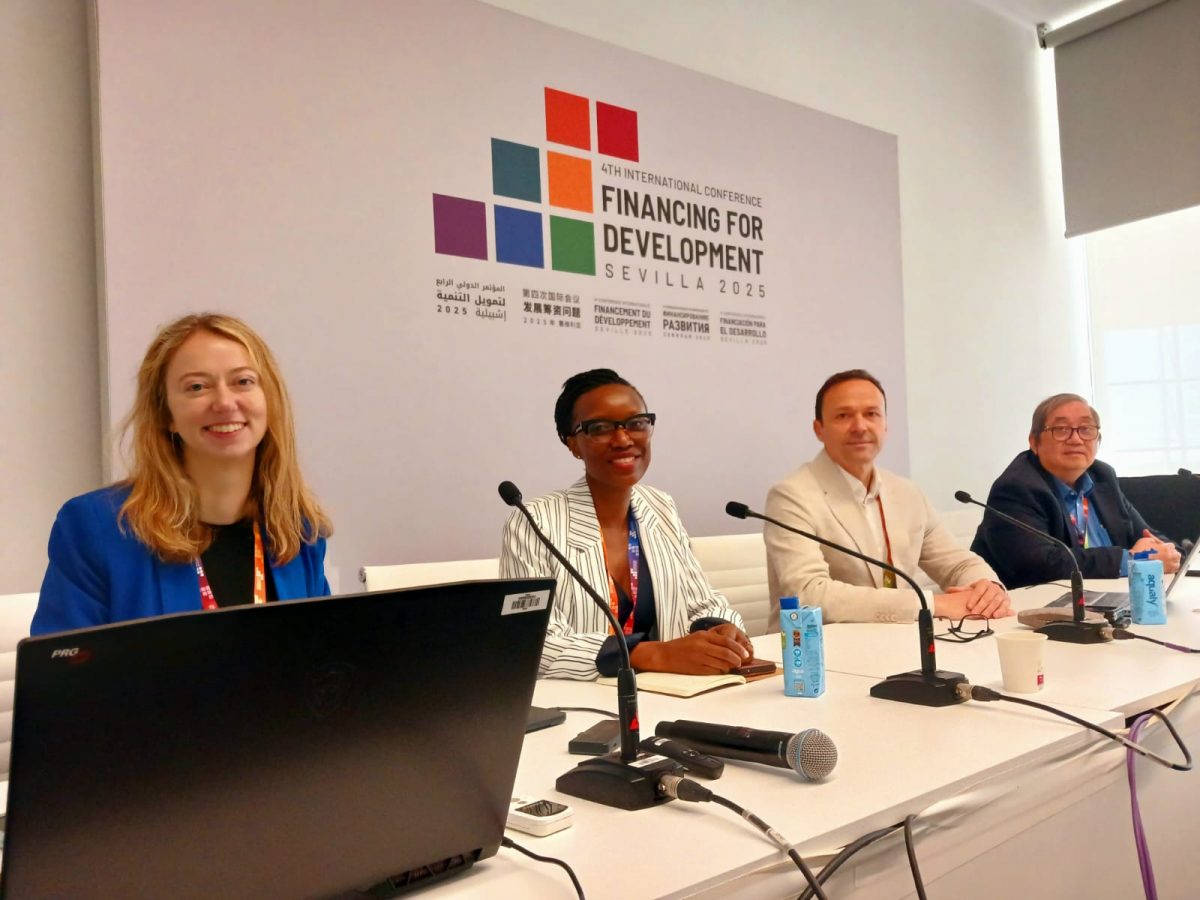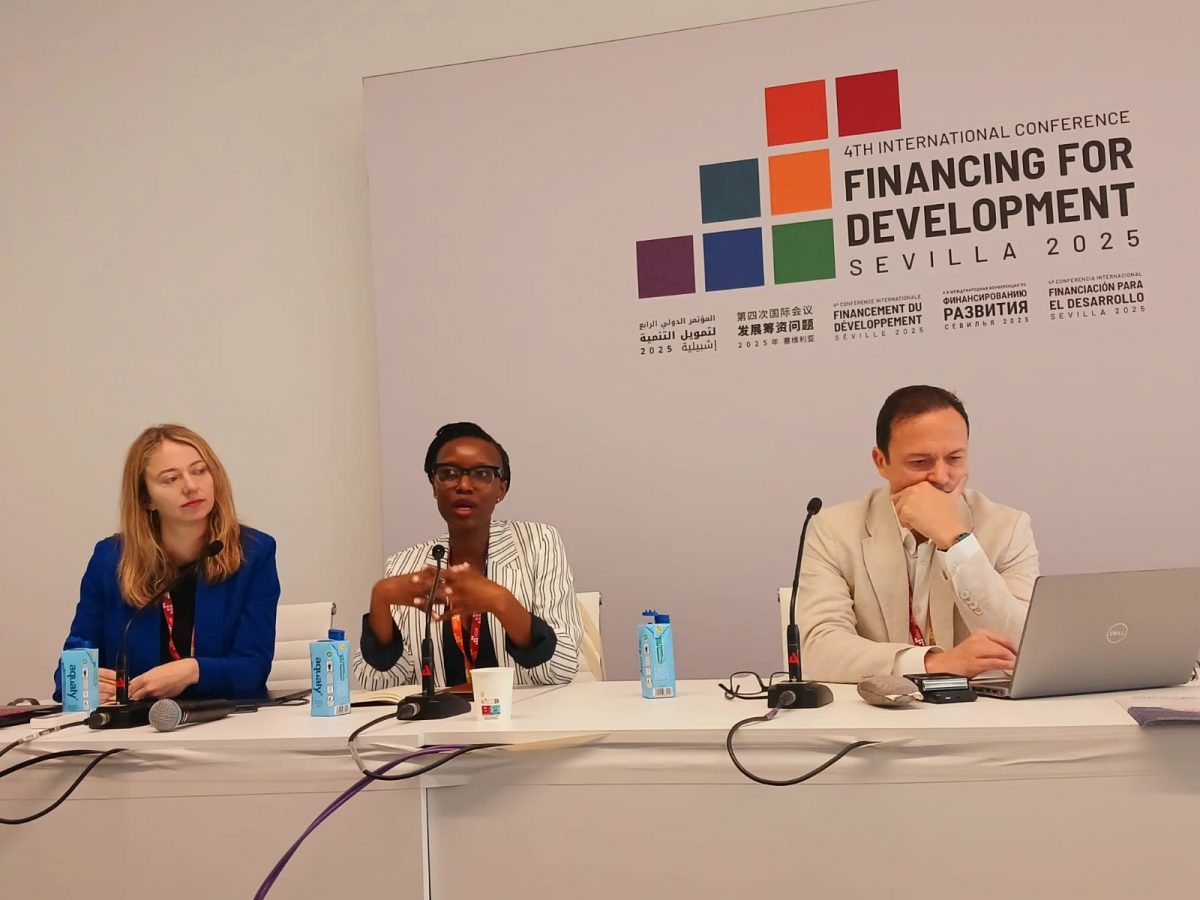
The Need for Health Taxes to Raise Revenues
The social sector is operating amidst periods of unprecedented uncertainty and a shifting political landscape and priorities. As a result, there is a significant need for increased domestic resource mobilization for foreign aid. Economists have found that as of mid-2025, official development assistance (ODA) has decreased between $41 billion and $60 billion compared to 2023 levels of $228.3 billion. Additionally, countries in sub-Saharan Africa are expected to see a total decline of 16% to 28% by the end of the year.
These deficits lead to an unexpected shock of financial sources that fund essential government services – from education to health. As an example, in Côte d’Ivoire, 8,600 healthcare providers who provide essential services have been terminated. In Southeast Asia, Myanmar terminated its supply of malaria diagnostic tests and drugs, despite a 10 times increase in cases compared to previous years (Source).
Within this context, the UN held the fourth Financing for Development Conference, bringing together more than 60 heads of state, as well as high-ranking officials from development banks and multilateral institutions from around the world, and 15,000 attendees to tackle how countries may address the financing for these services. The conference and outcomes document spoke of a number of measures, including increased financial transparency and a need for innovative blended finance mechanisms. Conversations on these issues will continue from mid-late September in New York during the UN General Assembly (UNGA), and we hope, in particular, one method will receive more attention: the key role health taxes can fill in closing the financing gap.
To speak to this issue, representatives from the World Health Organization (WHO), Tax Justice Network Africa (TJNA), and Development Gateway: An IREX Venture (DG) came together to discuss the critical role of health taxes in mobilizing domestic resources for health.

Development Gateway’s Experience
Development Gateway has direct experience in supporting more effective tax policy through providing access to clear evidence and best practices. Through the Tobacco Control Data Initiative, an ongoing tobacco control program in seven African countries, the program aggregates and visualizes data related to tobacco legislation. DG developed six country-specific websites that display tobacco research through close collaboration with government ministries such as ministries of health, finance, trade, as well as civil society organizations, academics, and local research firms.
Through this process of developing and sharing this information, DG successfully provided key evidence and information in the lead-up to tax reform in several priority countries. For example, Nigeria updated its specific tobacco taxes by 30% in 2022 after consultation with DG and other key stakeholders. In Ethiopia, the Ethiopian Food and Drug Authority and the Ministry of Finance used the tax modeling we had developed – in conjunction with the University of Cape Town – to understand the impact of different tax scenarios. With that information, they updated the excise tax in 2020 and in 2024. The average tax collected per pack was increased from 4.12 Birr to 12.4 (approximately US$0.086), and an 8 Birr Specific tax was added per pack, in line with best practices. These increased tobacco taxes lead directly to increased funding available for health expenditures.
WHO’s Experience
The World Health Organization discussed its launch of a new initiative: the 3 by 35 initiative. This initiative is a bold movement for countries worldwide to increase the real prices by 50% of three unhealthy products – alcohol, tobacco, and sugary drinks – by 2035. This movement showcases how taxes are a critical tool to raise revenue and save lives. WHO states that a “one-time tax increase sufficient to raise prices by 50% could generate up to US$3.7 trillion in new revenue globally within five years, or an average of US$740 billion per year – equivalent to 0.75% of global GDP.”
Tax Justice Network Africa’s Experience
Since 2017, TJNA has worked with national partners in seven African countries (Democratic Republic of Congo, Ghana, Kenya, Nigeria, Senegal, South Africa, Zambia) to implement the Tobacco Tax Advocacy in Africa (TTAA) project. Through targeted policy advocacy, the partners promote increases in tobacco excise tax in order to raise domestic revenue and decrease the affordability and consumption of tobacco and nicotine products. Pivotal to the process is the tax structure implemented in each country. As such, the TTAA partners advocate for specific or mixed tax structures to enhance administrative capacities and price movement.
The TTAA project has yielded various positive results – the most recent being in Ghana with the enactment of the Excise Duty Amendment Act, 2023 (Act 1093). The Act revised the tax structure to include a specific tax component and reduced the ad valorem excise rate from 175% to 50%. A post-enactment assessment reveals that retail prices of cigarettes increased between May 2023 and May 2024 for almost all brands. Tobacco excise revenue increased from GHS189 million in 2022 to GHS252 million (approximately US$20 million) in the first half of 2024. Simultaneously, Kenya, Nigeria, while the South African and Zambian Ministries of Finance announced above-inflation (real) increases in tobacco excise tax.

Next Steps
As nations and partners go into further discussions on financing during UNGA meetings, it’s more important than ever for smart investments and policy decisions to raise needed revenue for critical services. Government agencies have the opportunity to capitalize on this moment of reduced foreign investment to review their tax structure and ensure that their taxes on tobacco products, sugary-sweetened beverages, and tobacco are in line with evidence-based best practices. These include (1) a tax policy that leads to a real price increase on these products and (2) a regular process of updating these taxes to keep up with inflation. As stated by Dr. Jeremy Farrar, Assistant Director-General of WHO, “Health taxes are one of the most efficient tools we have. They cut the consumption of harmful products and create revenue governments can reinvest in health care, education, and social protection.”
For African governments looking for country-specific recommendations on tobacco tax, we recommend the resources available at tobaccocontroldata.org. For other questions, we recommend that government officials reach out to the Tax Justice Network Africa and the Health Taxes Unit in the WHO for individual consultation. The opportunity is now to capitalize on these opportunities to mobilize resources for much-needed healthcare.